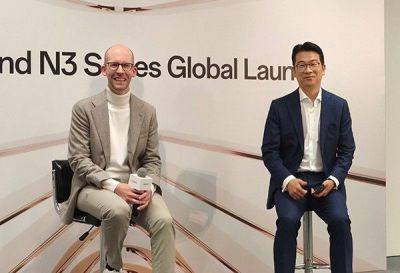Gov’t needs to partner with private sector against cyberattacks—group
Consumer advocacy group CitizenWatch Philippines is urging the government to partner with the private sector in adopting a cybersecurity posture to protect the country’s critical infrastructure sector.
“The country’s critical infrastructure sectors must be adequately and pro-actively protected against cyberattacks as the government aggressively pushes to accelerate the expansion and upgrade of digital infrastructure,” said Atty Christopher “Kit” Belmonte, co-convenor of CitizenWatch Philippines.
Belmonte als warned that “critical infrastructure systems such as energy, transportation, finance, water, food, agriculture, healthcare, and emergency response all rely on information and communications technology to operate. Cyberattacks can cause disruptions that significantly impact public safety, security, economic stability, or public health.”
“The PhilHealth ransomware incident is a painful reminder that cyberspace is never a space safe, because hackers and other nefarious actors threaten to negate our gains in transitioning into a digital economy,” said Belmonte.
“Cyber-attacks have tangible costs – ransom paid, downtime, lack of productivity, the breach of personal information of millions, threats of exposure, not to mention the erosion of citizens’ confidence in our systems and institutions.”
The former lawmaker added that firms also have to bear the economic costs of repairing their infrastructure damaged by cyberattacks.
“Worse, cyberattacks on critical infrastructure by state or nonstate actors can undermine national security and disrupt economic activity and our way of life.”
Belmonte said that hackers are always trying to be one step ahead of organizations and institutions, so the challenge is to arm ourselves, individually and collectively, for better protection.
“Sometimes it could be as simple as good housekeeping, ensuring our antivirus tools are updated and paid for. It could also be the constant education of our users to prevent them from falling prey to social engineering schemes,” he said.
“Through AI, attacks could now read and sound like real persons, specifically persons that an unsuspecting user knows and trusts.”
Budget allocations toward







